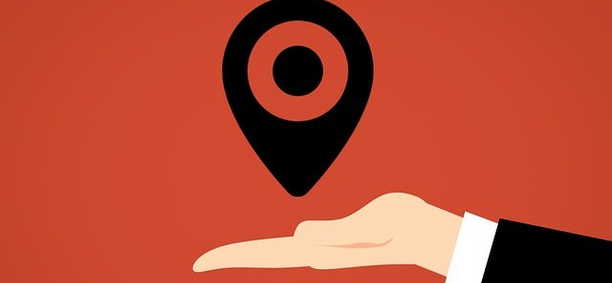How does Mortgage Protection Insurance work?
If you have taken out a home loan, possibly for a term as long as 25 years, then you may should consider what would happen if you were suddenly unable to make that monthly payment.
Poor health, disability or a spell of unemployment could put your home at risk.
Mortgage Protection Insurance (MPI) can help in these situations. The problem is, MPI will add to an already heavy financial burden when you take out a new mortgage and you should consider your options carefully.
What Exactly Is Mortgage Protection Insurance?
If you should be unfortunate enough to lose your job or become unable to work through disability or injury, mortgage protection insurance is designed to help you pay some or all of your monthly mortgage repayments.
In the event of your death, most policies will pay off the whole loan for you.
It is important to understand that MPI is different to private mortgage insurance. Private mortgage insurance is designed to protect the lender in the case that you default on your payments.
In this case you receive no benefit and may lose your home in the case of a default.
MPI on the other hand protects you, your home and your heirs in the case of your death.
So, if you were to die, your insurance company would pay of the outstanding loan with the mortgage company, leaving the property to be passed on in your will.
If, however, you were to lose your job, MPI probably would not cover the whole of the monthly payments. The amount that they would be covered varies from contract to contract.
What Are The Benefits?
Life insurance or disability insurance can both be hard to purchase after a certain age or if you suffer from certain pre-existing conditions.
So, many find that they cannot rely on these to help with mortgage payments.
In cases like these, MPI can be a great benefit. Insurance companies very rarely find reason to turn anyone down for MPI.
This brings well-being in the knowledge that, should the worst happen, you will be covered for your mortgage payments.
Are There Any Downsides?
There are some very obvious downsides to this type of insurance, and you will have to weigh up the pros and cons and decide if it is best for you.
Most obviously, your insurance cover will not keep up with any appreciation in the property market. That means the value of the insurance will not change if the property increases in value.
Likewise, as you pay off the mortgage, the equity you have in the property will likely increase. However, you will still be paying the same monthly payment for the product as you did at the start of the mortgage.
Another significant consideration is that MPI will not cover the full loan repayment on your house if you find yourself out of work. Insurance companies use this as an incentive for you to return to work as quickly as possible to reduce the financial burden on them.
MPI can represent a significant financial burden for you, especially if you also have private mortgage insurance, perhaps as a requirement by your lender.
What Other Options Do I Have?
First and foremost, you should remember why you are considering MPI in the first place.
Building up a suitable emergency fund could cover the difficult period between losing your job and finding new work.
There is also the possibility of paying into an investment fund that will see a growth in your capital over time.
Conclusion
So, choose carefully and consider if MPI really is for you. The benefits are very real, but the extra financial burden can be high.
There are other options out there. They may take a little time to build up a buffer, but will they may eventually serve you better.
That being said, if regular insurance deals will not cover you, MPI may offer that safety net you desire.
























